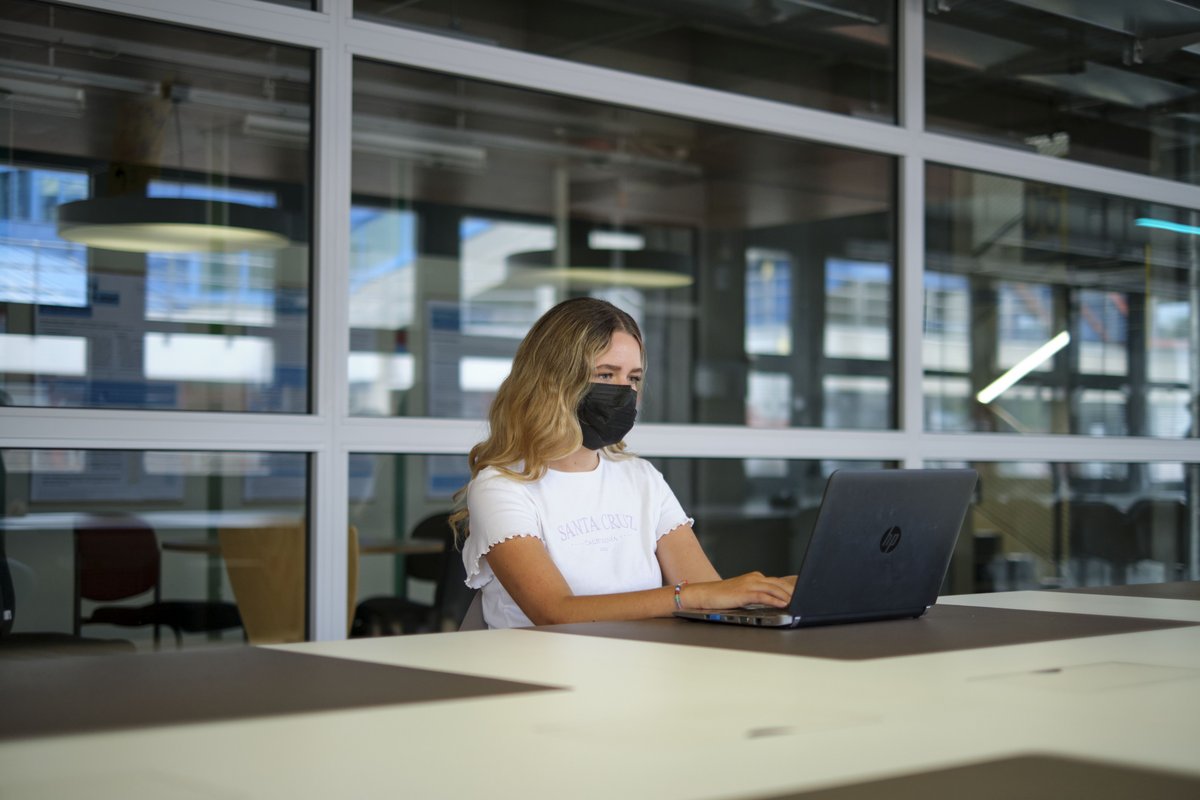
COVID-19 restrictions: The impact of resources
How did people perceive restrictive measures during the COVID-19 pandemic? How was their daily well-being affected by them? And how did this influence their support for the measures? A team of scientists of the University of Konstanz have now published their findings on psychological well-being during the pandemic in PLOS ONE.
Read more

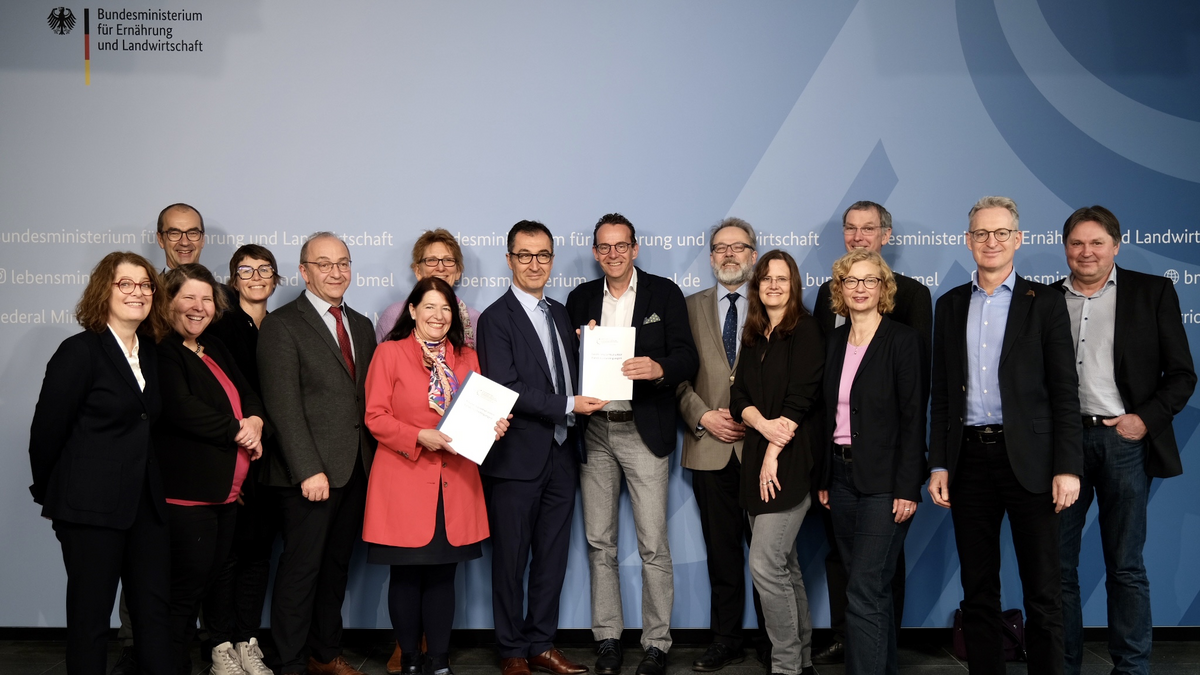


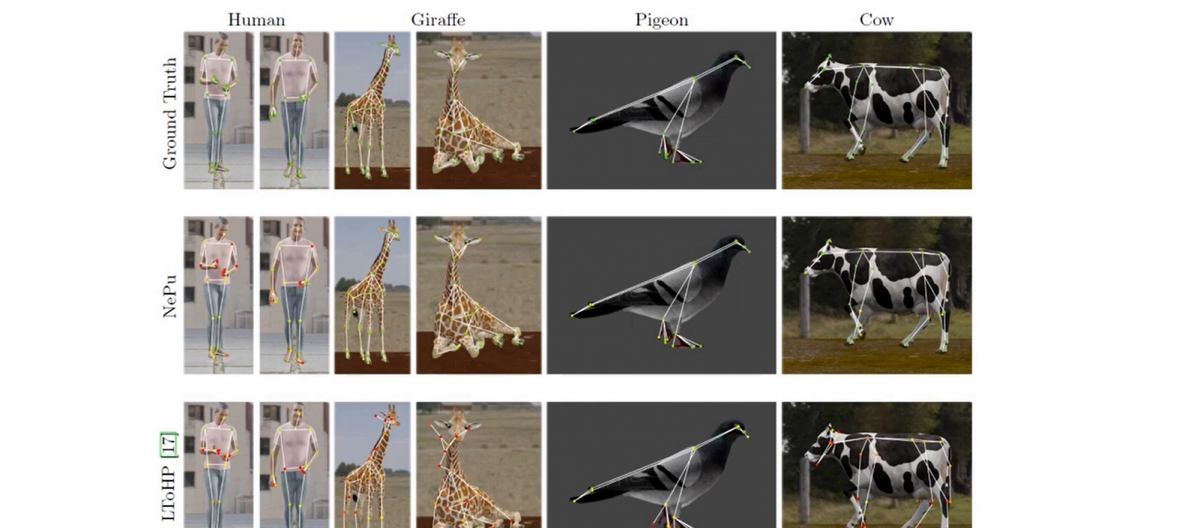
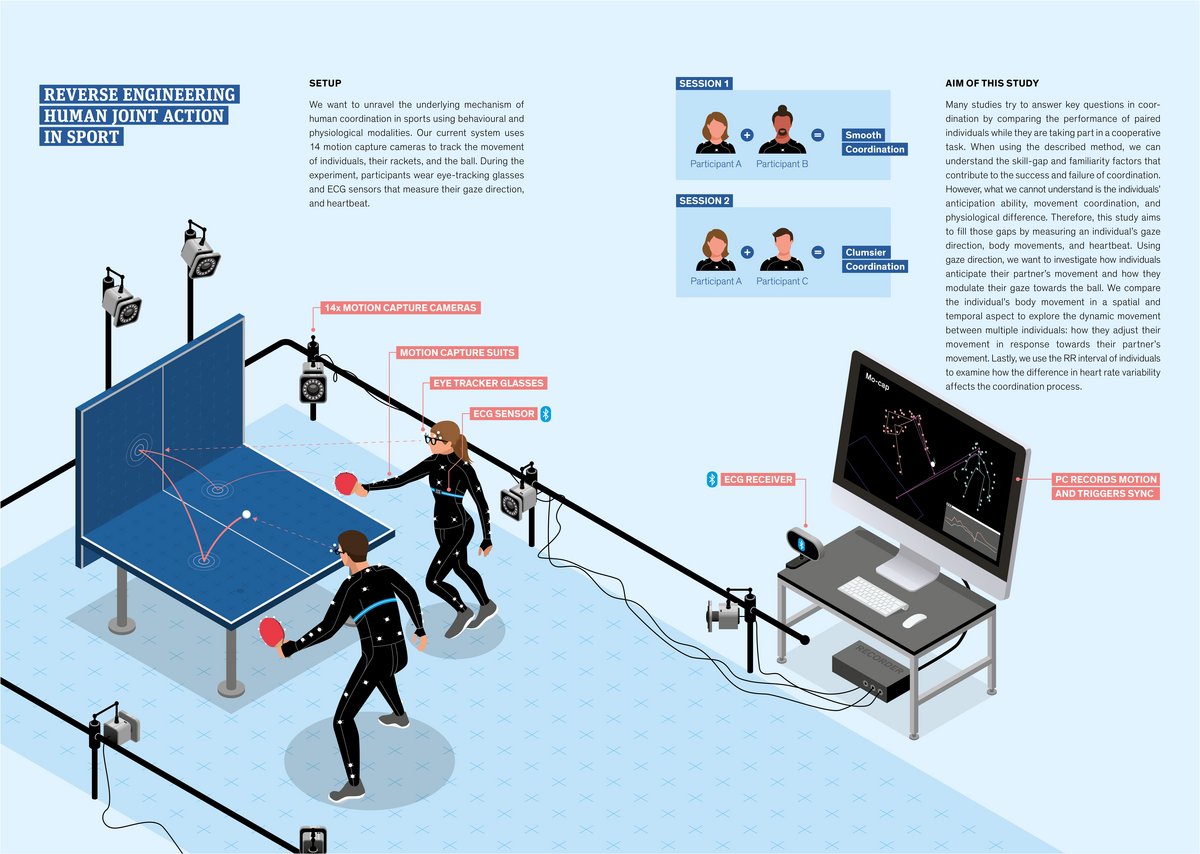
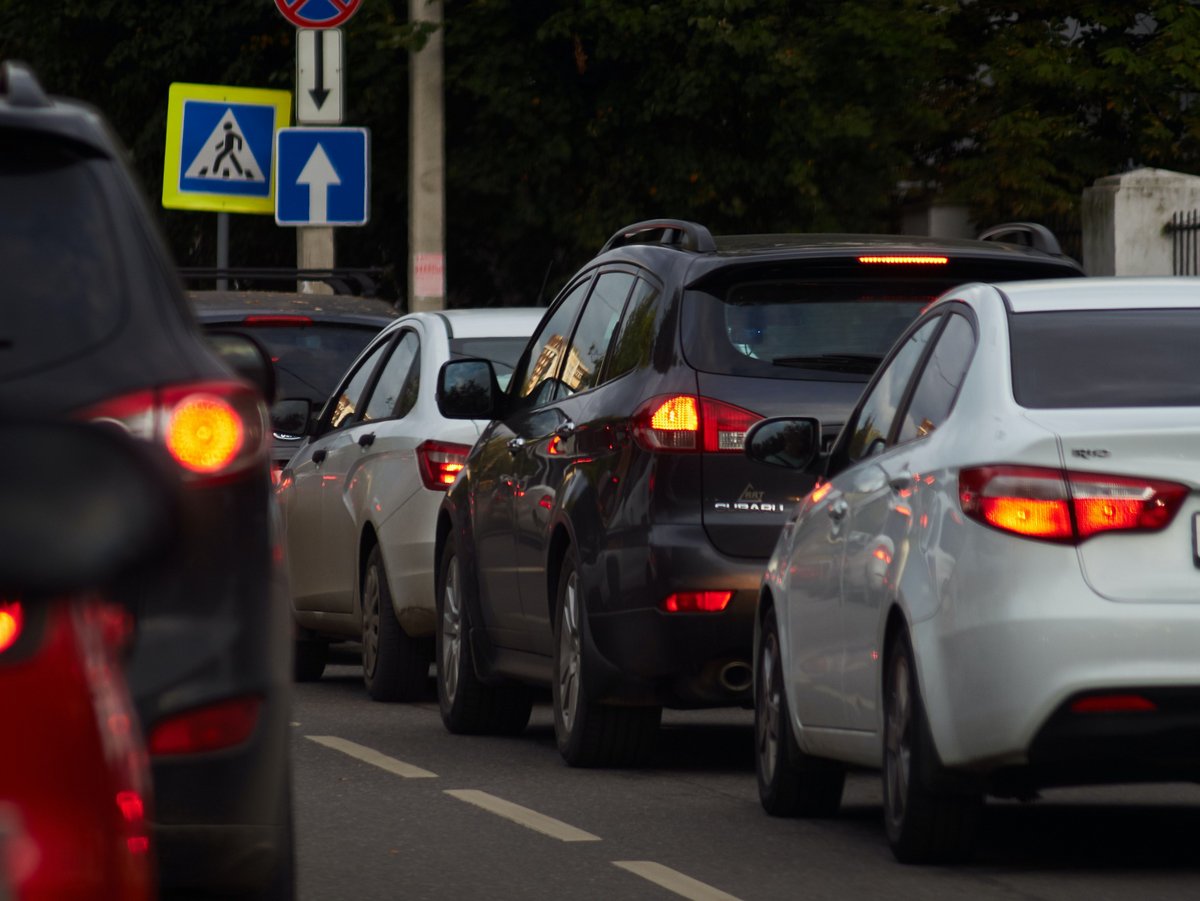

![[Translate to Englisch:] [Translate to Englisch:]](/fileadmin/_processed_/4/f/csm_ueber_die_wirksamkeit_ede1f0be37.png)